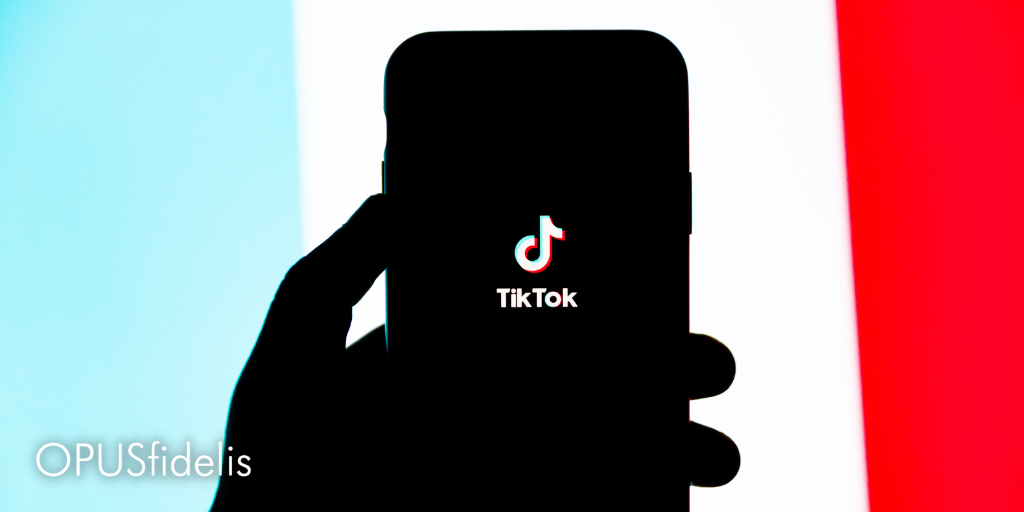In its latest privacy policy update, social media giant TikTok revealed that European users’ data can be accessed by staff members across the globe – from Brazil to China – raising privacy concerns.
About the update
Everyone knows that smartphone applications leverage user data in order to customize in-app experiences – that’s a sacrifice many are willing to make. However, some users are uneasy with TikTok’s recent revelation about how their data is shared within the organization. China has a complex history concerning the regulation and collection of private information from social media sites, and because TikTok is owned by the Chinese-based company ByteDance, users fear that their data could potentially be accessed by unwelcome government agents.
TikTok executives tell a different story, denying claims that user data is used for tracking purposes. Earlier this year, they assured U.S. government officials that no user data is given to Chinese government officials, and that the data is only used to guarantee a “consistent, enjoyable and safe” experience on the platform. TikTok’s head of privacy in Europe, Elaine Fox recently said:
“Based on a demonstrated need to do their job, subject to a series of robust security controls and approval protocols, and by way of methods that are recognized under the GDPR [the EU’s general data protection regulation], we allow certain employees within our corporate group located in Brazil, Canada, China, Israel, Japan, Malaysia, Philippines, Singapore, South Korea, and the United States, remote access to TikTok European user data.”
Although TikTok currently has over 1 billion monthly active users and access to vast amounts of personal data, when it comes to being tracked by foreign governments, digital privacy experts insist that users can put their minds at ease. Michael Veale, an associate professor in digital rights at University College London recently shared:
“I’m not convinced that the Chinese government’s focus is currently on spying on individuals’ TikTok data. They have other means to obtain private information.”
However, users are right to be wary, as earlier this year an independent researcher discovered that the code used to develop the TikTok application enables the company to “monitor all keystrokes, text inputs and screen taps, which could include sensitive personal data like credit card information and passwords” while browsing through the app.


